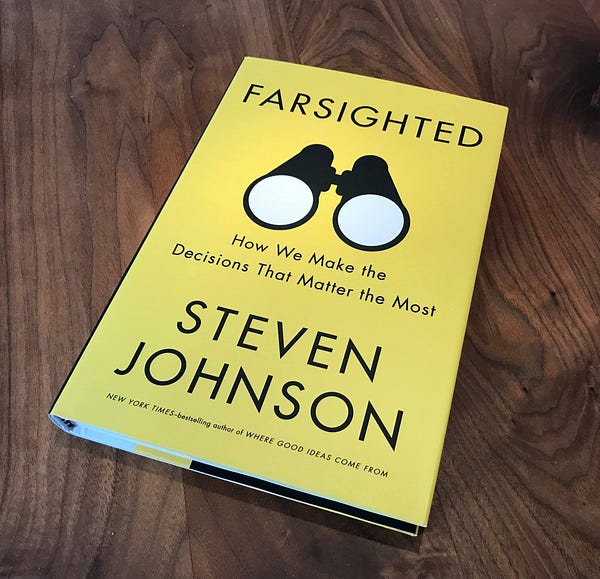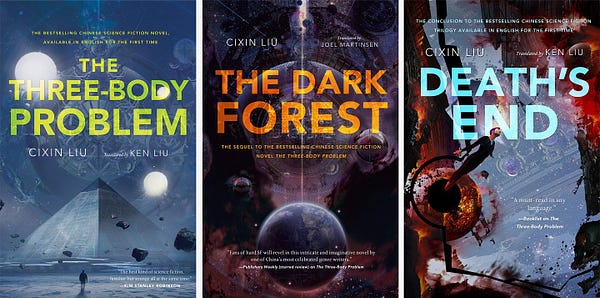
Bad Blood is a fantastic book and an amazing journalistic feat. The drama is still playing out as I write this with the main characters facing criminal charges and likely to stand trial this year. Like Enron: the Smartest Guys in the Room it’s a brilliant set of lessons about how a company can be rotten but the system of investors and regulators forget to trust their sense of smell. And like the Enron book (in that case Bethany McLean who wrote an article in Fortune magazine posing a simple question — how, exactly, does Enron make its money?), John Carreyrou helped uncover the scandal — he’s part of the story, which makes it an even better tale.
It’s particularly interesting to me because in one version of the story Theranos could have been an amazing tech for good impact investment. It made me wonder how we would have reacted at BGV — would we have spotted the fake?
Theranos was founded in 2003 by 19-year-old college dropout Elizabeth Holmes. Her dream was to revolutionise medical diagnostics by creating a simple, cost effective way for people to get their blood tested from a tiny sample. If she had achieved that, it would indeed have had a huge positive impact on the world. The trouble is that it’s a very hard thing to do.
Holmes was joined at the helm of the company by Sunny Balwani, who made some money in the first dot-com boom and was also her boyfriend. Bad Blood is littered with examples of them making terrible mistakes and hiding information from people (including that they were a couple). Their paranoia was extraordinary — to the extent of fitting bullet proof glass in Holmes’ office and having people trailed when they left the company. What they were covering up for was that the technology they promised didn’t work.
In the business it’s known as ‘fake it til you make it’ and all tech startups do it to a degree. You often have to convince investors that what you’re going to do will be revolutionary before you’ve actually built it (after all you need their money to build the thing). One famous example is the video that the Dropbox founders created to judge whether or not it was worth building the software in the first place. But raising peoples’ hopes of better document synching is one thing — raising the hope of quick, painless diagnosis of diseases is another. Richard Waters is great on the subject in this FT piece.
All the signs were there with Theranos. But hindsight is a wonderful thing and there were many investors, customers and journalists who were duped. Holmes and Balwani got plenty of things wrong but it was the system that allowed them to gamble with peoples’ lives that was really rotten — and it still is.
It’s a strange story when Rupert Murdoch comes out of it pretty well. Despite losing the whole $120 million he’d invested he refused Holmes’ attempts to spike the story at the Wall Street Journal which he owned.
One aspect of the story makes me think we wouldn’t have fallen for it at BGV is that most of the investors seem to have made their decisions based on who else was involved. A classic case of groupthink. We’re always the first investor so don’t have the ‘luxury’ of seeing who else is investing. We also don’t invest very much to start off with so we get to work with teams (usually in very close proximity) before we decide to invest larger amounts. I’d like to think we would have worked out that the Emperor wore no clothes in this case. And finally we’re very sceptical of ventures that insist on secrecy — we think there’s an important link between true tech for good and openness and transparency.








